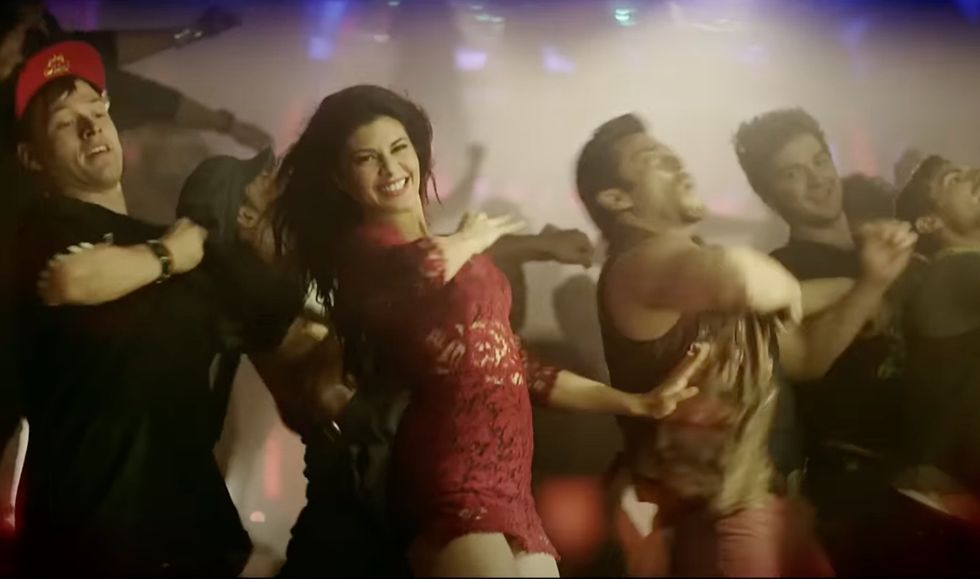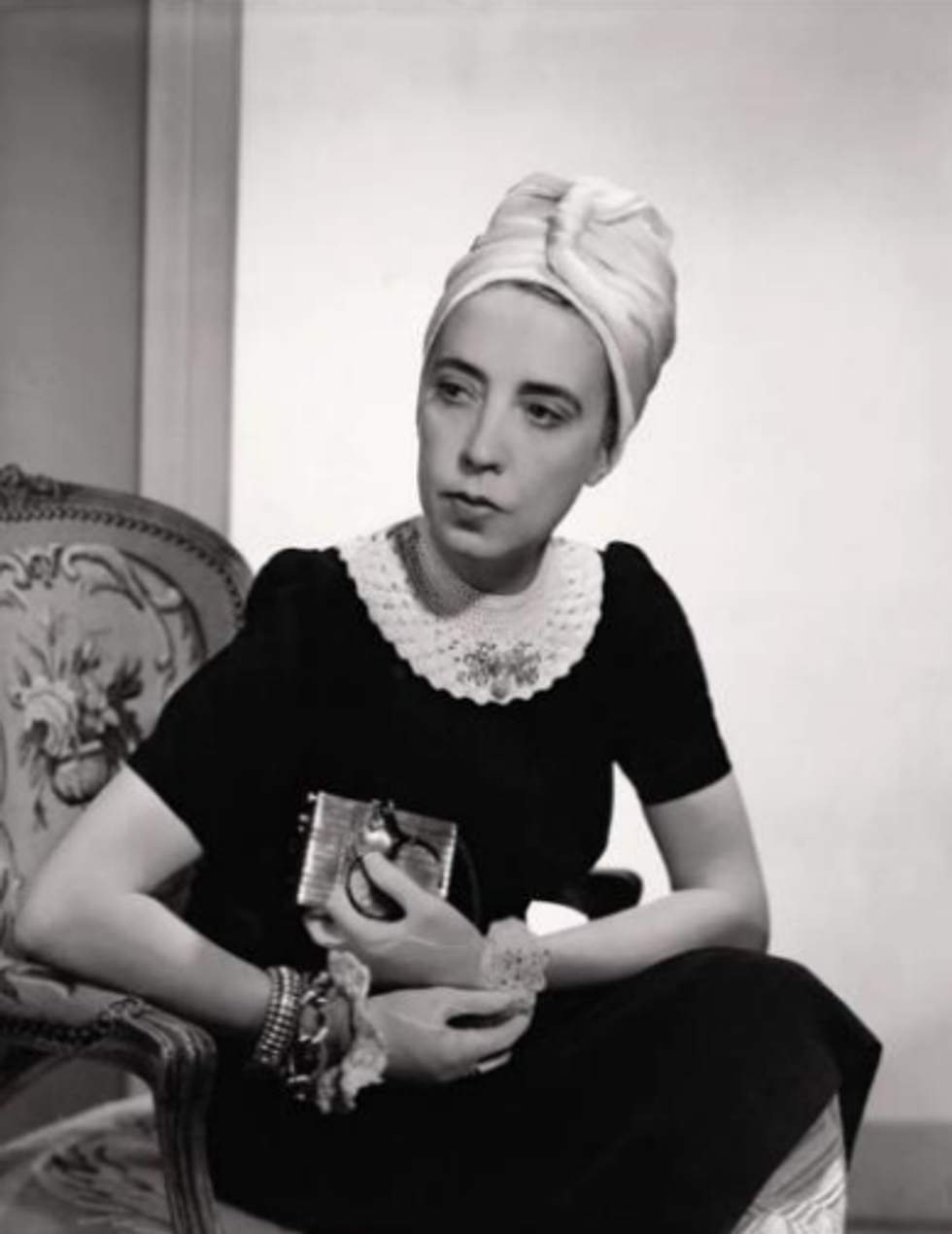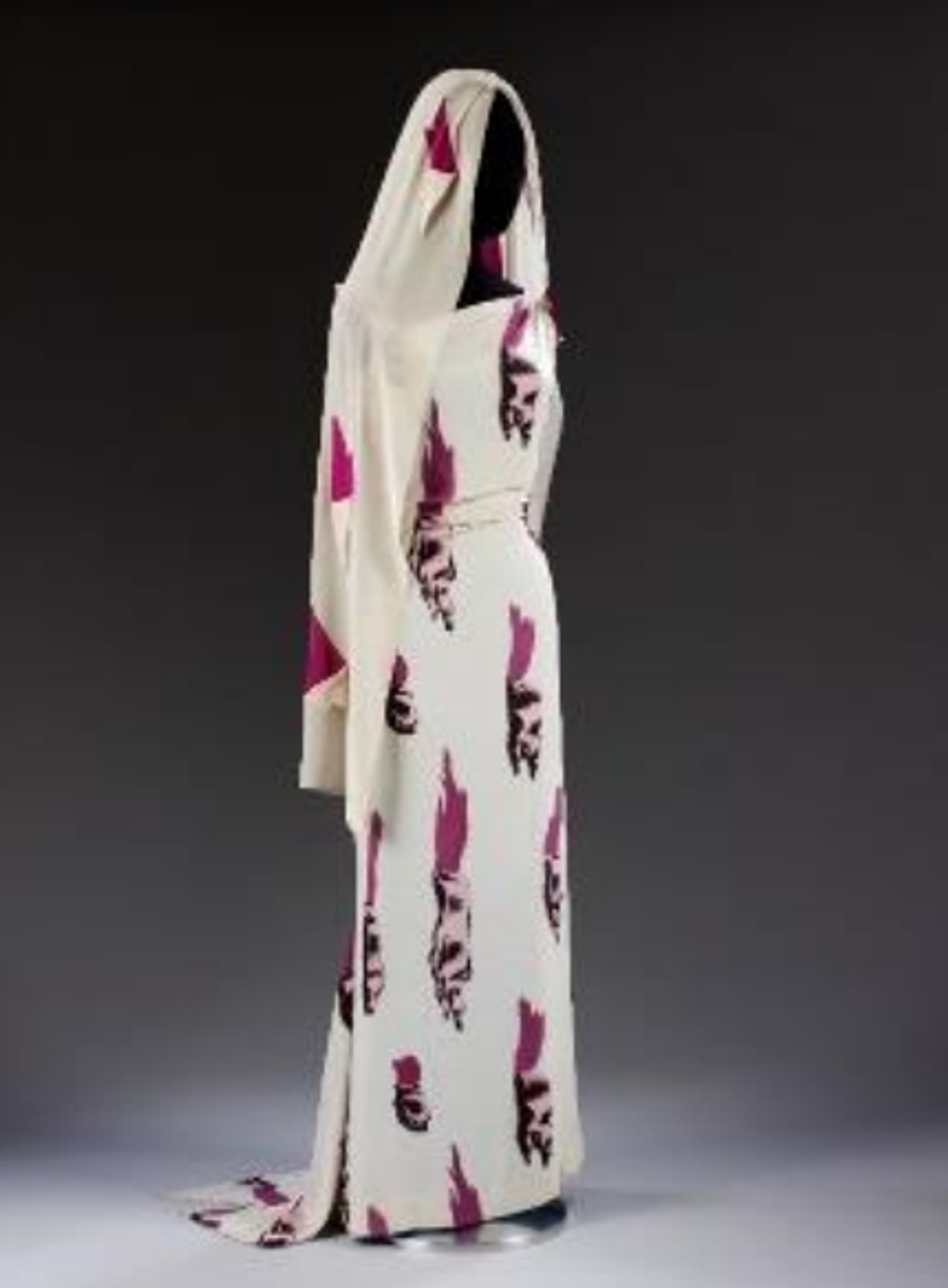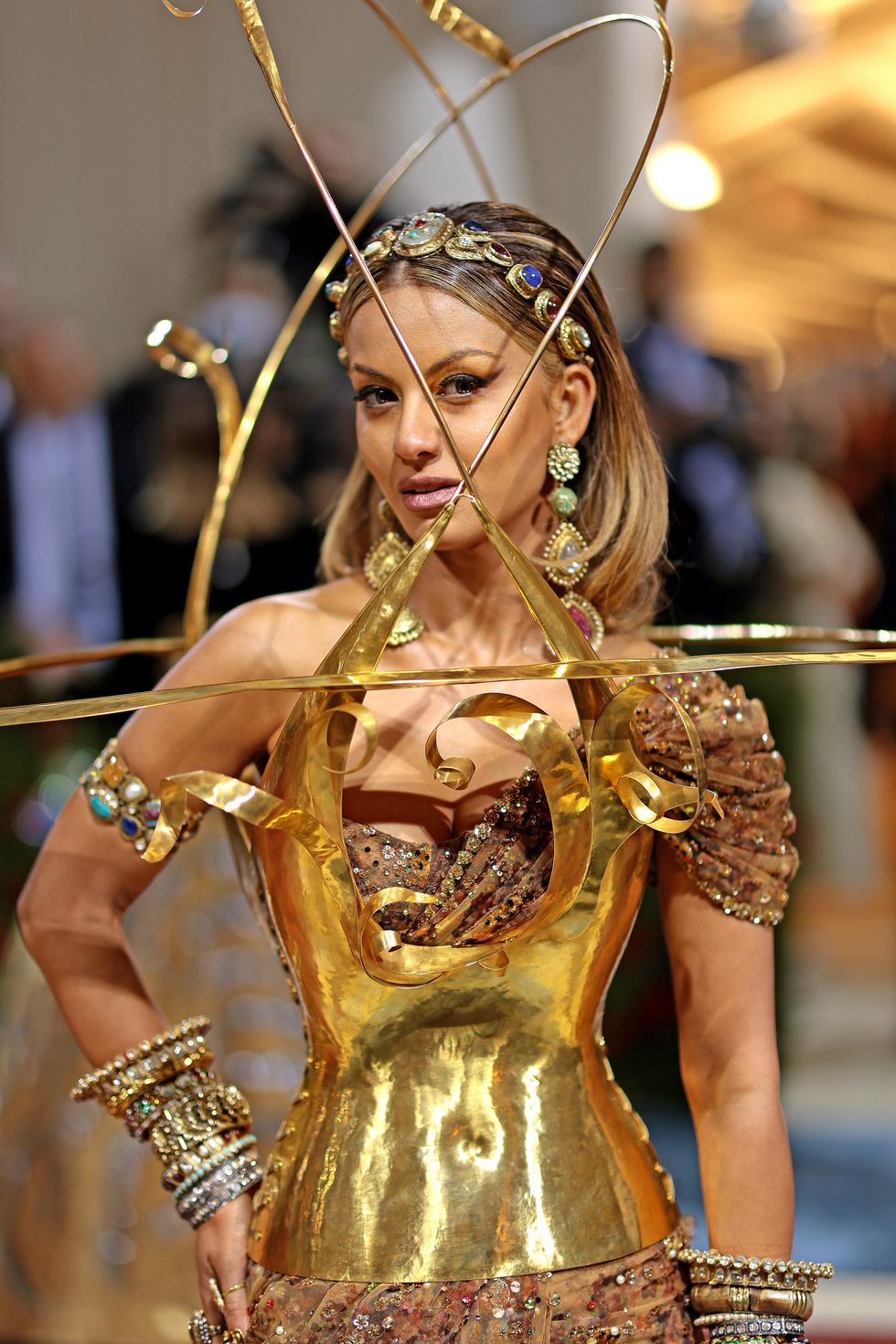SARA SHARIF's father on Tuesday (5) denied killing his 10-year-old daughter and asserted that he had never physically abused her.
Breaking down in tears during the trial, 42-year-old taxi driver Urfan Sharif also denied claims of biting, burning, or beating Sara, specifically rejecting allegations of using a cricket bat or pole on her.
Urfan, Sara's step-mother Beinash Batool, 30, and uncle Faisal Malik, 29, are charged with murder, accused of what the prosecution describes as a campaign of abuse that culminated in the child’s death. They all deny the charges.
The trial at the Old Bailey is examining the circumstances surrounding Sara’s injuries, which prosecutors say included multiple fractures, bruising, and burns.
The case has drawn attention to allegations of domestic abuse and child custody conflicts between Urfan and his former wife, Olga Sharif, who is Sara’s biological mother.
Sharif told the court he had previously sought full custody of Sara, citing alleged abuse by Olga. He claimed that he had enrolled in parenting and domestic violence courses as part of his commitment to raising his daughter. A family court ultimately awarded him custody in 2019, following Sharif’s accusations of abusive behaviour on Olga’s part.
Sara Sharif (Photo: Surrey Police)In his testimony, Urfan denied being violent, both toward his daughter and his ex-wife. He explained that he had occasionally disciplined Sara with a “slap”, but refuted claims that he used a bat or other object to strike her.
During the trial, he described a turbulent relationship with Olga, explaining that they had met online in 2009 and separated in 2014. He alleged that she had once bitten another child and subjected Sara to verbal abuse. He also claimed that he had been a victim of abuse by Olga during their relationship.
When questioned by his defence barrister, Naeem Mian KC, Urfan was asked if he was responsible for Sara’s death. Sharif responded, “No,” and also denied that he had bitten, burned, or assaulted Sara.
According to Urfan, he was working when Sara collapsed at home. His wife, Batool, called him and asked him to return home. Upon arrival, he found Sara unresponsive in her bed, with Batool present.
Sharif said he tried to perform CPR and urged Batool to call for an ambulance. He claimed that Batool told him, “Leave it, she’s dead,” and discouraged him from seeking emergency help.
The defence has pointed to Batool’s refusal to provide dental impressions for comparison with bite marks found on Sara’s body as grounds for suspicion. The court also heard that Batool had sent WhatsApp messages to her sisters, allegedly saying that Urfan had been violent towards Sara.
According to the defence, this communication further implicates Batool and casts doubt on Urfan's involvement in Sara’s injuries.
He testified that he had been arrested on at least one occasion after Olga accused him of domestic violence, though he denied these claims and said that he had shown police evidence of injuries he said were inflicted by her.
Mian KC acknowledged that his client was not “an angel”, but argued that Urfan had been falsely characterised as the primary aggressor. Sharif had reportedly told police he would take responsibility for Sara’s death if that would bring peace, but he now denies the charges.
Sara was found dead in her bunk bed in August 2023 at her home in Woking, Surrey. Her body was covered with extensive injuries, including fractures to her spine, collarbone, arms, hands, ribs, and neck.
The discovery sparked an international manhunt for the relatives accused of the killing, after they had fled to Pakistan the previous day along with five of Sara's siblings.
The three accused returned to the UK the following month and have been on trial since mid-October.
Post-mortem examinations revealed evidence of blunt force trauma, burns, and what the prosecution describes as signs of restraint, possibly tied to a hot pipe or scalded with hot water. There were also bite marks, abrasions, and puncture wounds.
According to medical reports presented in court, she had been subjected to severe physical trauma over time.
The Old Bailey has heard how Sara had 25 fractures, including the hyoid bone in the neck.
Pathologist and bone specialist Anthony Freemont told the jury he had concluded that was the result of "neck compression" most commonly caused by "manual strangulation".
The youngster had dozens of bruises, including bite marks, while her DNA as well as that of her father and uncle were detected on a cricket bat and both ends of a belt.
Sara's blood was found inside a carrier bag believed to have been put over her head, while blood and hairs were detected on a piece of brown tape.
The court had previously learned of WhatsApp messages she had sent her sister over several years in which she reported that Sharif had hit Sara for being "rude and rebellious".
"She's covered in bruises, literally beaten black," one message stated.
"She's got a jinn in her," Batool had added, referring to genie-like supernatural beings from mythology.
Prosecutor William Emlyn Jones revealed last Friday (1) that four months before her death, Sharif had told Sara's school that she would be homeschooled "with immediate effect".
Around the same time the family relocated the short distance from the town of West Byfleet to Woking.
By then, teachers had noted bruising on her body, in June 2022 and March 2023.
Asked about the injuries, Sara had not wanted to answer and hid her head in her arms, the court has heard.
Giving evidence earlier in the trial, teacher Helen Simmons described her as a "happy child", who at times would be "sassy".
Simmons recounted how she twice saw bruises on her face, and when the girl had not given a consistent account of her injuries the school had made a referral to watchdog services.
That had prompted Batool to confront her at the school two weeks later and claim the marks had been made by a pen, jurors have heard.
Both Batool and Malik, who also face charges, have denied any involvement in Sara’s death. They, along with Sharif, deny charges of murder and causing or allowing the death of a child.
According to reports, jurors will assess evidence from multiple witnesses, including medical experts, police officers, and social services.
The trial is expected to run until December.

















 Rajkummar Rao and Patralekhaa smiling during a public appearance earlier this year
Rajkummar Rao and Patralekhaa smiling during a public appearance earlier this year  Patralekhaa and Rajkummar pose together after an awards show
Patralekhaa and Rajkummar pose together after an awards show 

 With viral choreography, bold styling, and mass appeal, Jacqueline’s music video appearances have become internet staples
With viral choreography, bold styling, and mass appeal, Jacqueline’s music video appearances have become internet staples These 12 songs reflect how Jacqueline Fernandez has turned dance numbers into viral cultural moments
These 12 songs reflect how Jacqueline Fernandez has turned dance numbers into viral cultural moments
 Vogue 1940; Designer Elsa Schiaparelli wearing black silk dress with crocheted collar of her own design and a turbanFredrich Baker/Condé Nast via Getty Images
Vogue 1940; Designer Elsa Schiaparelli wearing black silk dress with crocheted collar of her own design and a turbanFredrich Baker/Condé Nast via Getty Images 'Tears' Evening dress and head veil, designed by Elsa Schiaparelli, February 1938 for Circus Collection, summer 1938. Fabric designed by Salvador Dali Victoria and Albert Museum, London
'Tears' Evening dress and head veil, designed by Elsa Schiaparelli, February 1938 for Circus Collection, summer 1938. Fabric designed by Salvador Dali Victoria and Albert Museum, London Natasha Poonawalla attends The 2022 Met GalaGetty Images
Natasha Poonawalla attends The 2022 Met GalaGetty Images  Vogue 1936; Two models, standing in a white room with arrows painted on walls and wearing dresses by Schiaparelli;Cecil Beaton/Condé Nast via Getty Images
Vogue 1936; Two models, standing in a white room with arrows painted on walls and wearing dresses by Schiaparelli;Cecil Beaton/Condé Nast via Getty Images